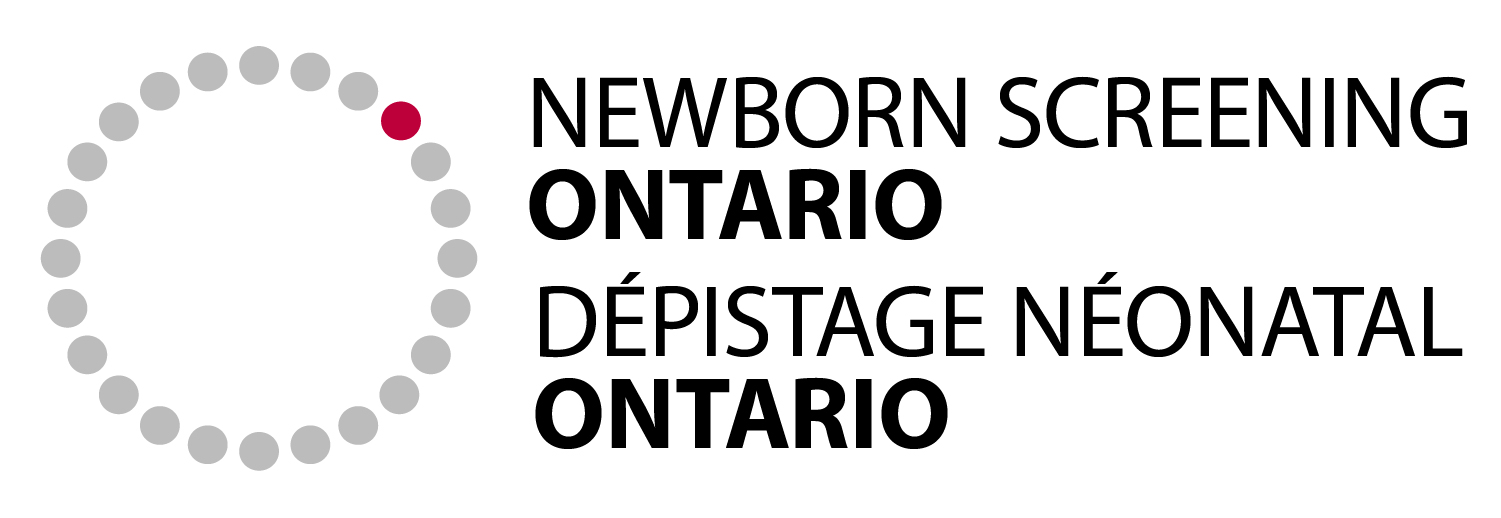Most babies with LCHAD and TFP are normal at birth but they are at risk of a serious health condition called a metabolic crisis. A metabolic crisis is a life-threatening episode caused by low blood sugar and/or the build-up of harmful substances in the blood.
Symptoms of a LCHAD or TFP metabolic crisis include:
- poor feeding
- vomiting
- excessive sleepiness
- irritability
- muscle spasms
- enlarged liver
If a metabolic crisis is not treated, breathing problems, seizures, coma, brain damage and sometimes death can occur. Between episodes of metabolic crisis, babies with LCHAD and TFP may not show any signs of the disease. Other babies with LCHAD or TFP may have problems with their heart, liver and muscles.
Screening and treatment aim to prevent metabolic crises and other symptoms and help children with LCHAD and TFP to lead the healthiest lives possible.
